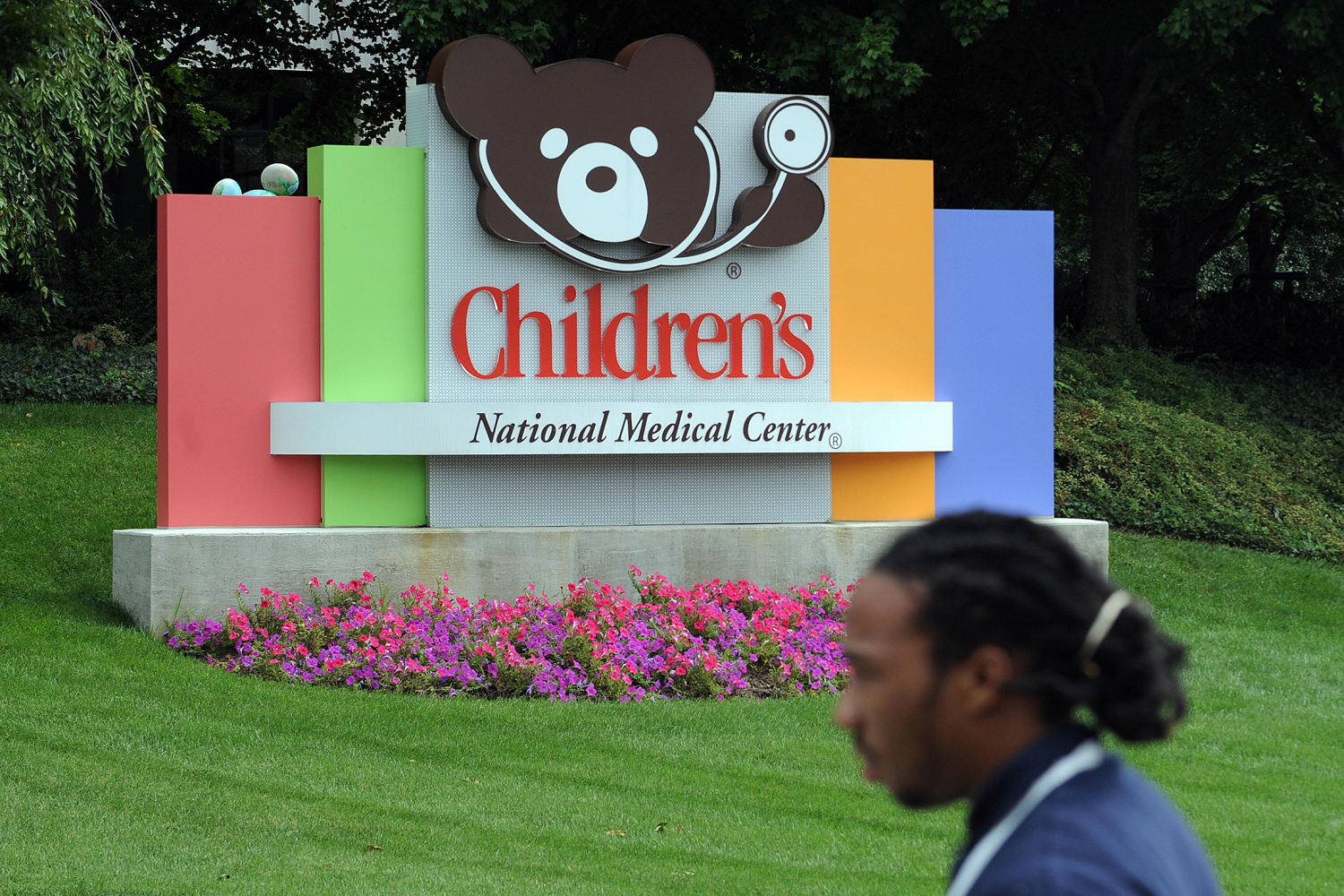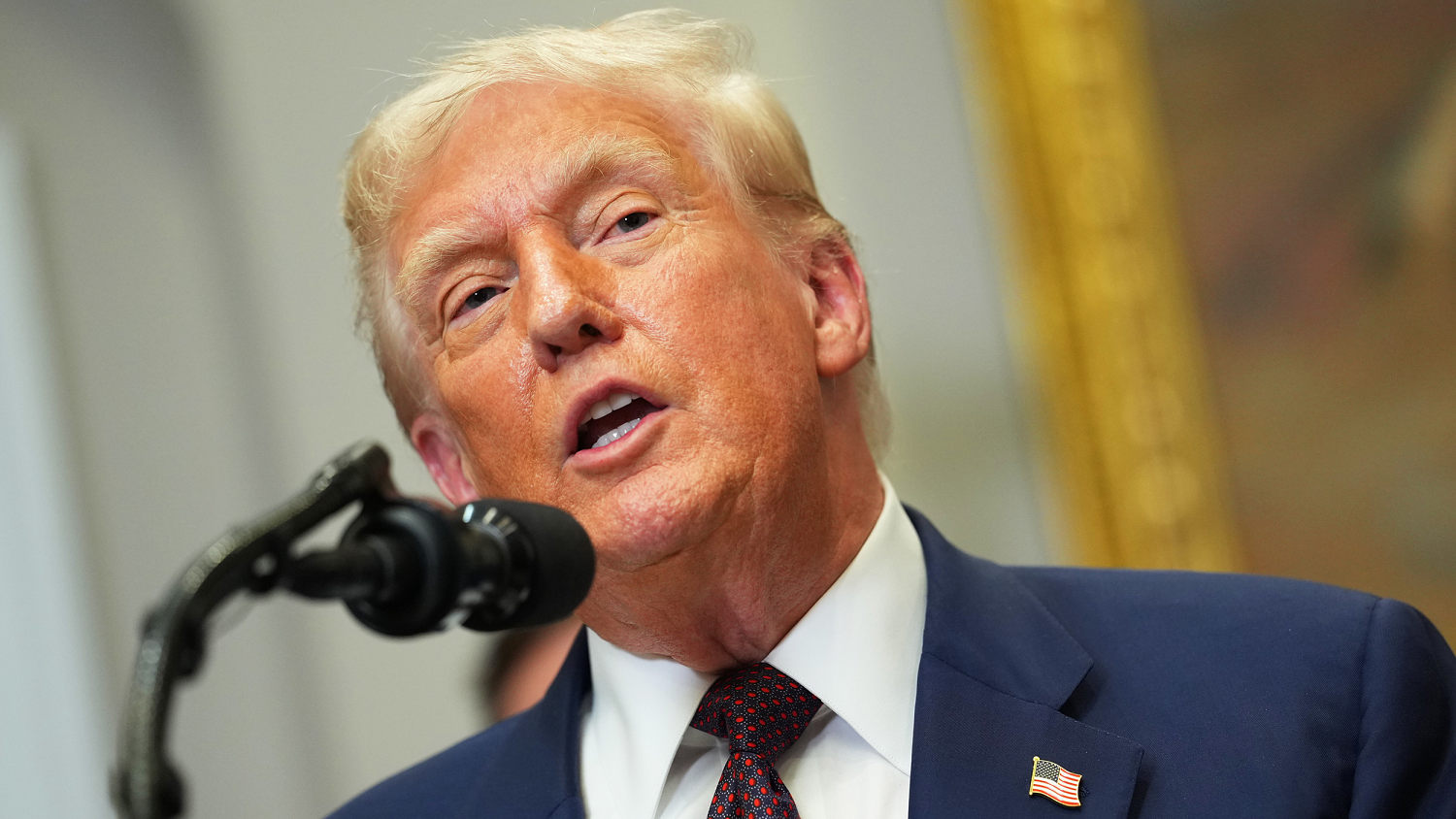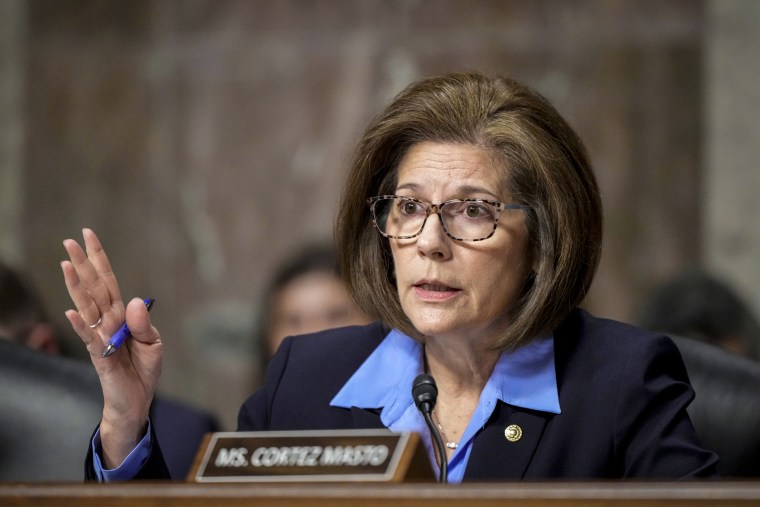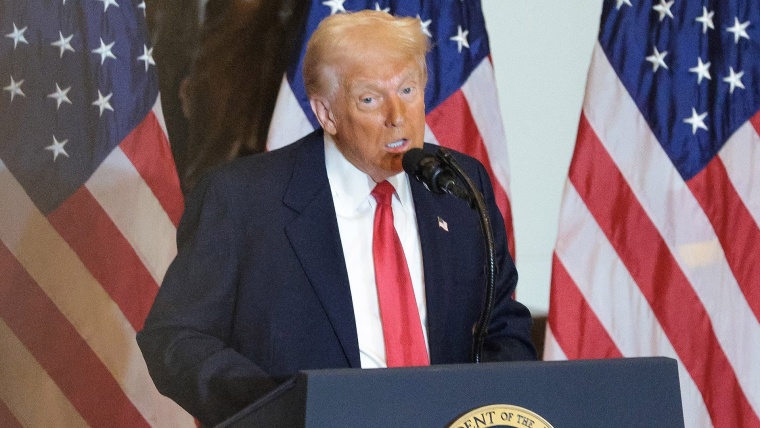Trump calls for price cuts on prescription drugs within 60 days in letters to Eli Lilly, Pfizer, other drugmakers

President Donald Trump sent letters to more than a dozen major drugmakers Thursday demanding that they lower the cost of prescription drugs in the U.S. within 60 days.
In the letters — which Trump published on his social media platform Truth Social — the drugmakers were told to offer the “full portfolio” of their existing medications to Medicaid patients at the same prices paid abroad, also known as the “most favored nation” rule.
He also told drugmakers to “guarantee” that patients on Medicare, Medicaid and private insurance get the same lower prices that are paid abroad for all newly approved drugs “both upon launch and moving forward.”
He also demanded that drugmakers return any additional revenues earned abroad to U.S. taxpayers, and create a “direct to consumer” option for certain medications that would also be offered at lower prices.
”Make no mistake: a collaborative effort towards achieving global pricing parity would be the most effective path for companies, the government, and American patients,” Trump wrote in the letters. ”But if you refuse to step up, we will deploy every tool in our arsenal to protect American families from continued abusive drug pricing practices.”
It’s unclear, experts say, whether Trump has the authority to force drugmakers to lower the cost of their prescription drugs without the help of Congress.
What’s more, any attempt to do so is likely to be met with fierce pushback from the drug industry.
“It may take more than a tough letter from the President to motivate the pharmaceutical industry to drop their prices,” said Tricia Neuman, executive director of the program on Medicare policy at KFF, a nonpartisan health policy research group.
“The voluntary approach hasn’t worked so far to drive down drug prices,” she added. “Drug prices tend to go down when compelled by law or in response to competition.”
Trump has repeatedly complained — during both terms — that people in the U.S. pay far more for prescription drugs than people in other countries.
Indeed, prescription drug prices in the United States are notoriously high — up to 10 times more than in other nations of similar size and wealth, according to the Rand Corp., a public policy think tank.
More than 3 in 4 adults in the U.S. say the cost of medications is unaffordable, according to a poll from KFF.
In May, Trump signed an executive order instructing federal health officials to renew an effort to implement the “most favored nation” rule — a strategy he pursued unsuccessfully during his first term.
The 17 letters were sent Thursday to major drugmakers such as Eli Lilly, GSK, Pfizer, Merck, Johnson & Johnson, Amgen, Novo Nordisk and Novartis.
NBC News has reached out to all 17 companies for comment.
A spokesperson for Novo Nordisk said the company “remains focused on improving patient access and affordability, and we will continue to work to find solutions that help people access the medication they need.”
A spokesperson for Johnson & Johnson said the company was still reviewing the letter, and referred NBC News to the pharmaceutical industry’s top lobbying group, PhRMA, for comment.
PhRMA did not immediately respond to a request for comment.
The Trump administration does have another tool at its disposal to lower the cost of prescription drugs: Medicare drug pricing negotiations.
Signed into law by President Joe Biden through the Inflation Reduction Act, the provision allows Medicare to negotiate prices on the costliest medications.
The first round of negotiations is estimated to save Medicare $6 billion in 2026, when the prices are expected to go into effect.






